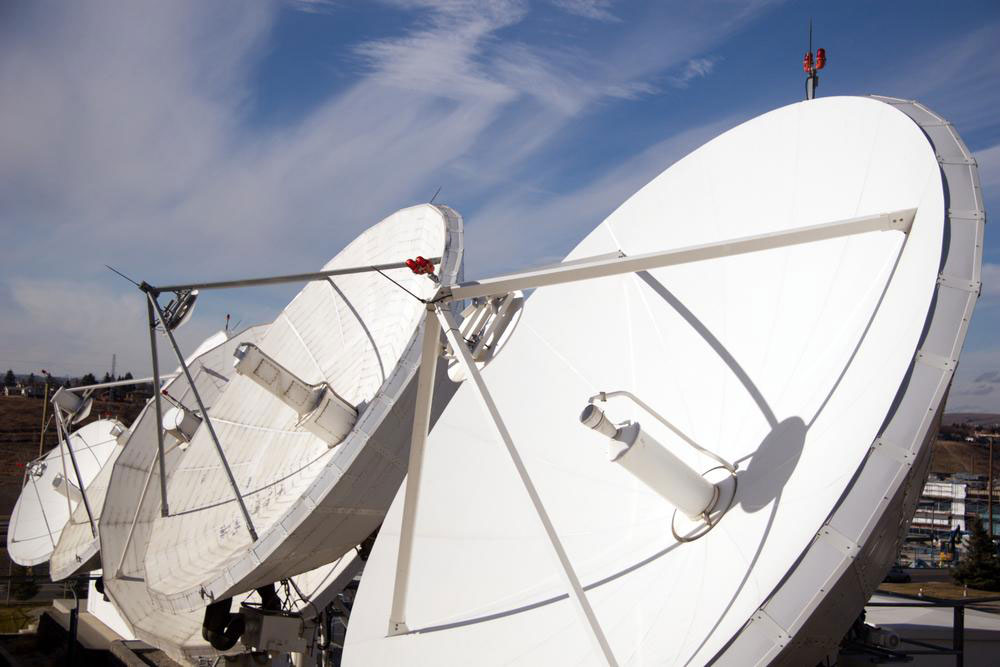Understanding Satellite Internet: A Comprehensive Guide
Discover the essentials of satellite internet, including how it works, its benefits, and limitations. Ideal for remote areas, satellite internet provides a viable connectivity option when traditional providers are unavailable. Learn about installation, providers, and potential challenges to make an informed choice for your internet needs.

Understanding Satellite Internet: A Comprehensive Guide
In rural and remote areas, traditional broadband options like cable, DSL, and fiber often aren't accessible. In such locations, satellite internet becomes a vital connectivity solution. This article explores how satellite internet functions, its advantages, and potential limitations, helping you determine if it’s the right choice for your internet needs.
How Satellite Internet Works
Satellite internet relies on a satellite orbiting approximately 23,000 miles above the Earth’s equator. Customers install a dish at their residence, which captures signals transmitted by the satellite and sends them to a router. This setup enables internet access even in areas where other high-speed options are unavailable.
Reasons to Choose Satellite Internet
Many opt for satellite internet due to limited alternatives in their region. Additionally, satellite providers often have extensive coverage areas, making setup feasible in hard-to-reach locations. The installation process is straightforward, typically involving aligning the dish, which minimizes setup time. Once installed, the connection depends on the provider’s satellite network and proper dish alignment.
Limitations of Satellite Internet
Despite its benefits, satellite internet has drawbacks. Data caps are common, limiting the amount of data you can use each month. Signal quality can be impacted by weather conditions, such as heavy rain or storms, leading to slower speeds or outages. Additionally, bandwidth may be restricted under fair usage policies, impacting high-volume activities.
Market options are limited, but providers like Viasat and HughesNet are recognized for offering reliable satellite internet services with reasonable efficiency and coverage.










